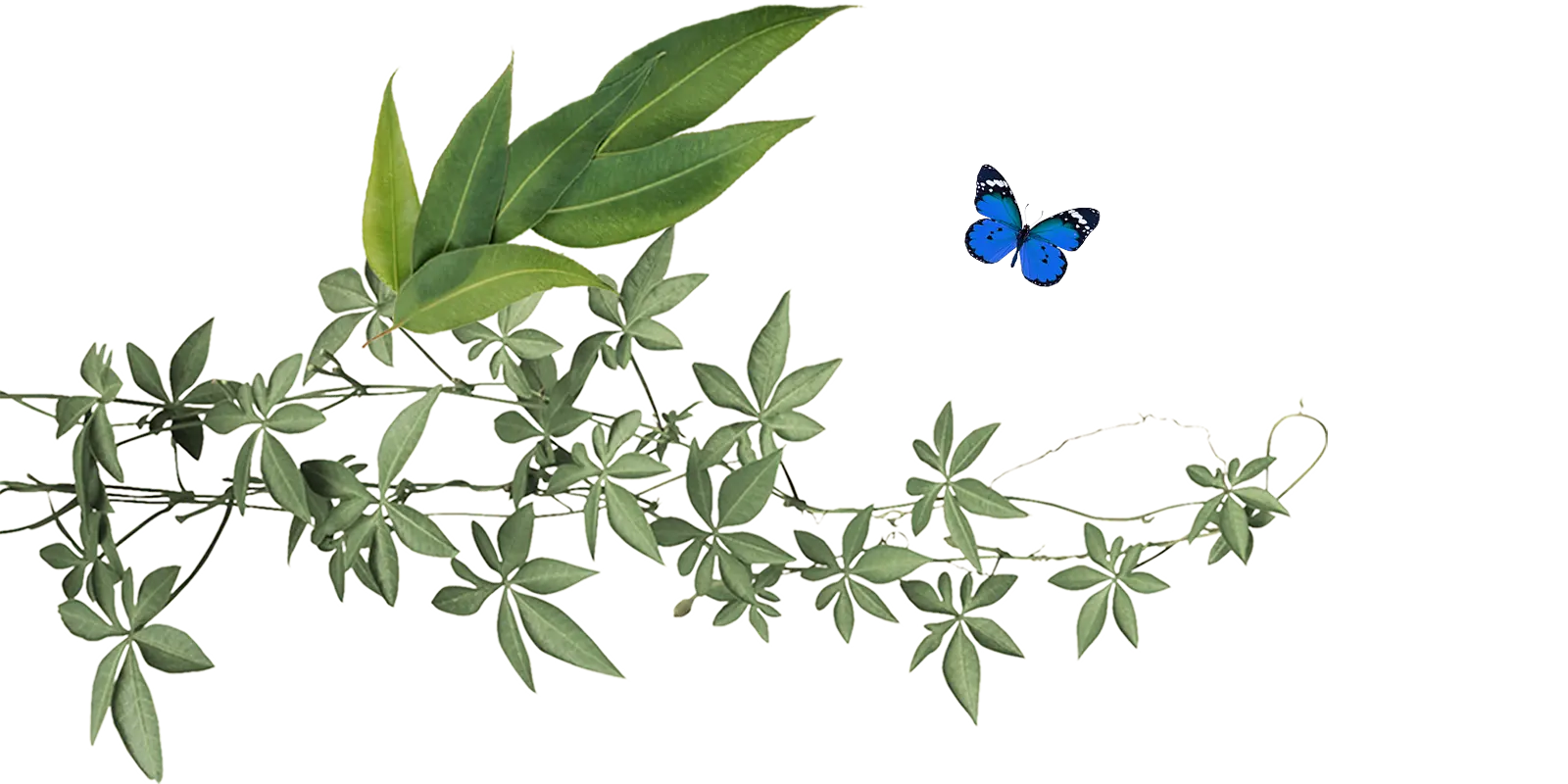Our current economic system does not place much value on the living world. A living world that may be the only of its kind in the entire universe. The uncomfortable reality of how we acquire such a diversity of products is not factored into mainstream measurements or narratives. As a result, many of our spectacular plants and animals are being wiped from the face of the earth.
Why is this important?
The picture isn’t pretty. We are currently facing around one million species going extinct by 2100.
Since 1970, our wildlife populations have fallen by a staggering 68 percent. This has largely come from deforestation making space for agriculture lands. Some tropical regions in Central and southern America have seen falls of 94 percent in that time.
How are others attempting to solve this?
There are many ways that people around the world are attempting to protect plants and animals. Below is a small sample. If you have any further examples that you think should be on this list, please get in touch.
Ecological Law
Ecological Law and Rights of Nature has taken off around the world in the last decade. There are now over 400 active cases underway. Rights of Nature grants legal personhood to ecosystems, with famous cases including the Whanganui River in NZ and the country of Ecuador.
Many argue that we grant legal personhood and rights to corporations, isn’t it time to also grant them to the natural systems we depend on for survival? We may be hearing a lot more about ‘Ecocide’ in the future.
Marine Protected Areas
Marine protected areas (MPAs) preserve glorious expanses of wilderness in the planet’s oceans and coasts. They also regenerate degraded, over-fished and over-shelled areas.
Scientists have concluded that if 30 percent of the planet’s seas can be protected by 2030 – what is called the 30 by 30 approach – there will be more fish, carbon dioxide will be sequestered and oxygen levels for us will increase from phytoplankton - because one of every two breaths we take originates from our seas.
Native animals sanctuaries
Odonata is a not-for-profit organisation in Australia that works with landholders to fence off areas of their properties, remove introduced predators, then re-introduce native animals and grasses. They have successfully introduced the critically endangered eastern barred bandicoot onto one Australian property with impressive results.
The bandicoots are natural soil engineers, and are working with carefully rotated sheep to produce premium grade wool products.
Featured stories
Some of these solutions are featured in our short film - Regenerating Australia. Find out where you can see the film.
Regenerative actions you can take on
We believe every one of us has a role to play in Regeneration. If you are interested in helping out, here are some actions we have identified that you could take on in your life.






